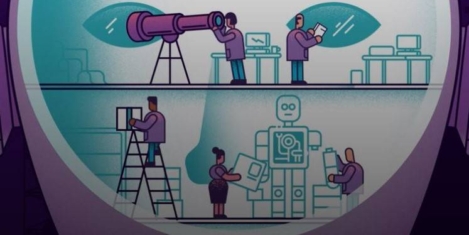To provide the best experiences, we use technologies like cookies to store and/or access device information. Consenting to these technologies will allow us to process data such as browsing behaviour or unique IDs on this site. Not consenting or withdrawing consent, may adversely affect certain features and functions.
The technical storage or access is strictly necessary for the legitimate purpose of enabling the use of a specific service explicitly requested by the subscriber or user, or for the sole purpose of carrying out the transmission of a communication over an electronic communications network.
The technical storage or access is necessary for the legitimate purpose of storing preferences that are not requested by the subscriber or user.
The technical storage or access that is used exclusively for statistical purposes.
The technical storage or access that is used exclusively for anonymous statistical purposes. Without a subpoena, voluntary compliance on the part of your Internet Service Provider, or additional records from a third party, information stored or retrieved for this purpose alone cannot usually be used to identify you.
The technical storage or access is required to create user profiles to send advertising, or to track the user on a website or across several websites for similar marketing purposes.
 Team activities designed to boost morale and strengthen relationships, are more successful in engaging younger talent than individual ones, a new report suggests. The research carried out by Perkbox and Talentpool claims that employer recruitment techniques are adapting incentives accordingly in a bid to attract top young talent, as young professionals today seem to like to prioritise ‘team’ over ‘individual’ in all of their everyday working practices. (more…)
Team activities designed to boost morale and strengthen relationships, are more successful in engaging younger talent than individual ones, a new report suggests. The research carried out by Perkbox and Talentpool claims that employer recruitment techniques are adapting incentives accordingly in a bid to attract top young talent, as young professionals today seem to like to prioritise ‘team’ over ‘individual’ in all of their everyday working practices. (more…)








 Sage has released its annual
Sage has released its annual 
 The tech sector is facing high departure rates as employees’ complain of work impinging on their home life, coupled with a lack of learning & development opportunities. It’s been estimated that vacancies already outweigh skilled talent in the UK tech industry, where there are an estimated
The tech sector is facing high departure rates as employees’ complain of work impinging on their home life, coupled with a lack of learning & development opportunities. It’s been estimated that vacancies already outweigh skilled talent in the UK tech industry, where there are an estimated 






 Despite
Despite 

















